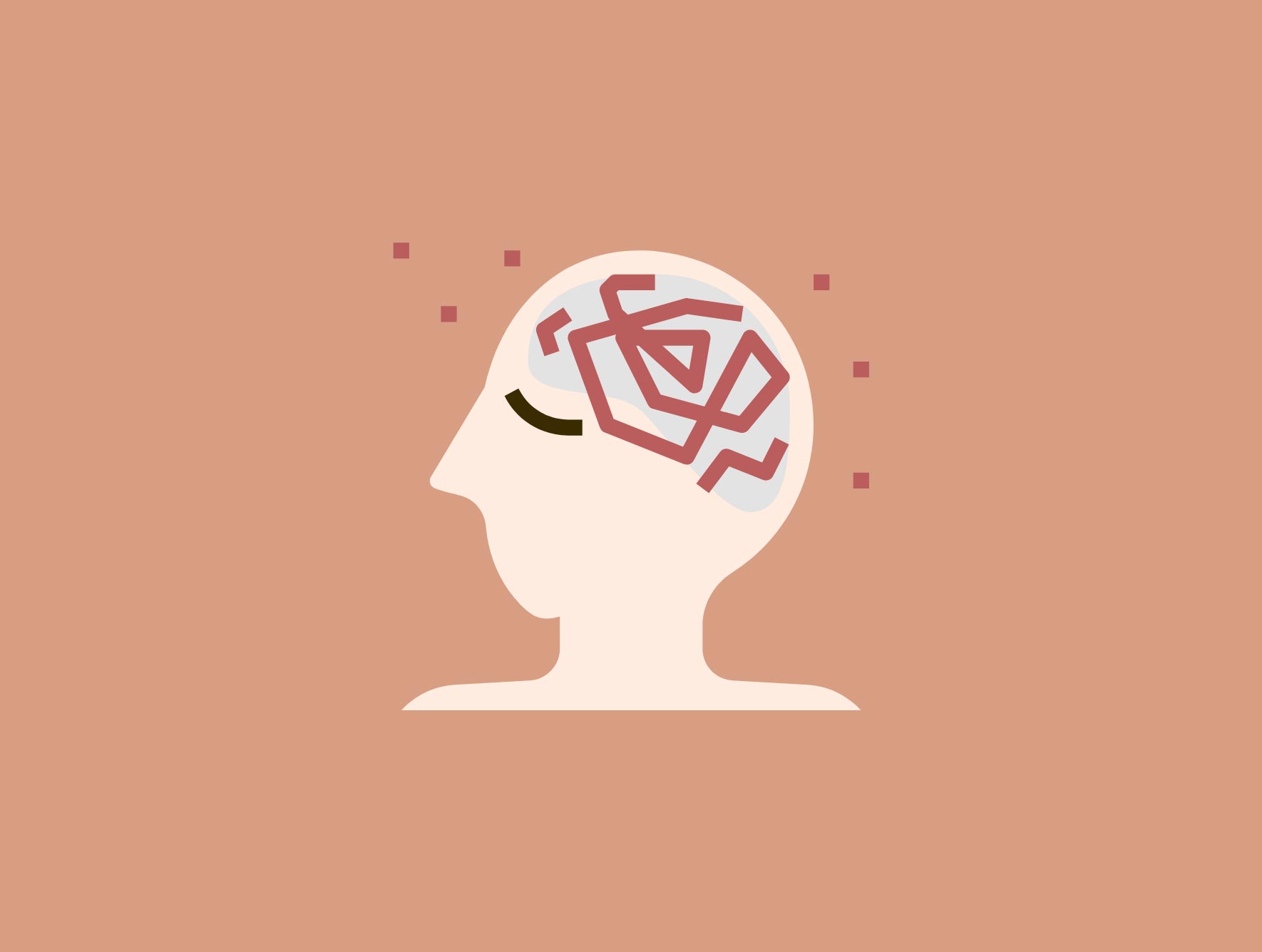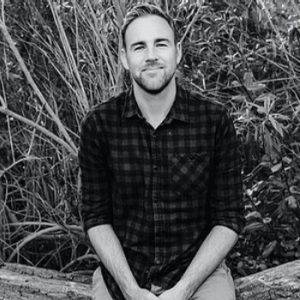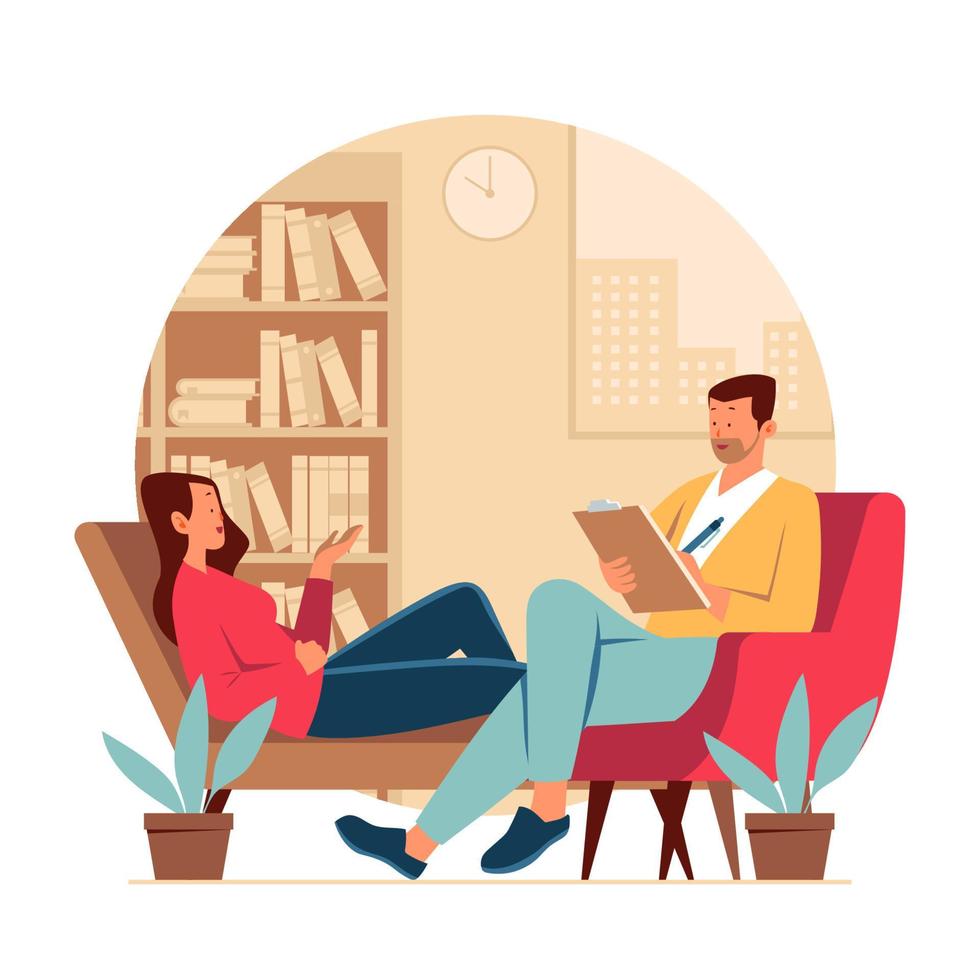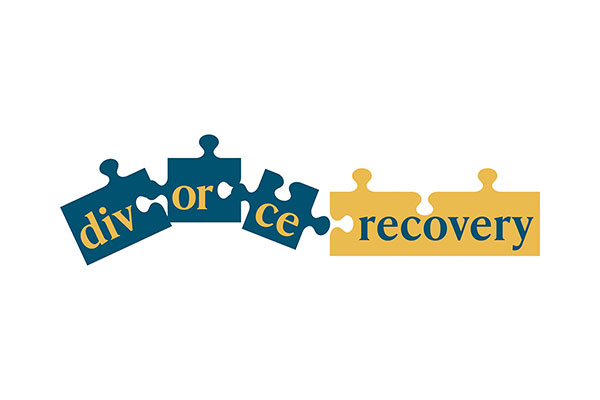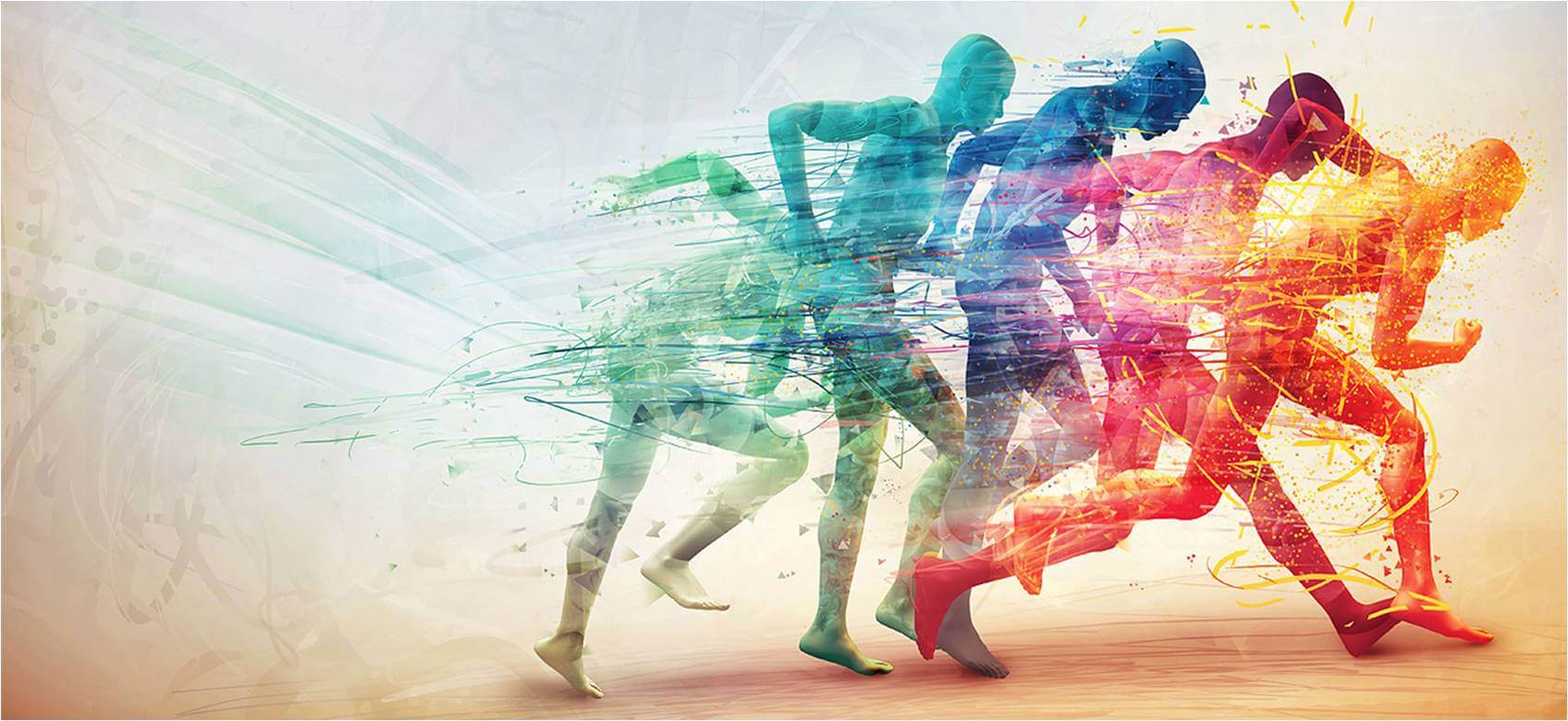People with generalized anxiety disorder or GAD are frequently distracted by their fears, avoid activities that may trigger anxiety, and are “on edge” without any cause. The majority of cases have a detrimental influence on performance and relationships.
General anxiety treatment seeks to improve the patient’s emotional and physical well-being, as well as their ability to interact with people, places, and situations that previously caused them to be anxious. We explore them below.
Guided Self-Help
A guided self-help course is a type of psychotherapy for GAD that may involve working through a cognitive-behavioral therapy-based workbook or an online course. It may also take the form of a group course in which the patient and other individuals with anxiety meet with a therapist to explore their issues and solutions.
Cognitive-Behavioral Therapy
Cognitive-Behavioral Therapy or CBT is a type of psychotherapy that focuses on current problems and events. It is a structured, short-term treatment that focuses on the interplay between anxiety-inducing conscious ideas, feelings, and behaviors.
Using this form of anxiety treatment, one can question anxious thoughts and perform tasks that one would normally avoid because they trigger anxiety. Sessions typically last an hour each day for a week for 3 to 4 months.
Studies show that the effects of CBT may last longer than those of generalized anxiety disorder medications. Still no single treatment works for all.
Acceptance and Commitment Therapy
GAD is also treated using Acceptance and Commitment Therapy or ACT. It is another problem- and present-focused talk therapy. It encourages participation in meaningful activities that correspond with chosen life values to minimize the struggle to manage anxious thoughts.
This treatment for generalized anxiety disorder helps with symptom relief, especially for older patients.
Applied Relaxation Therapy
Applied relaxation therapy focuses on relaxing the muscles during stressful conditions. It needs the guidance of a skilled therapist. The standard process for it entails:
- Figuring out how to relax the muscles
- Learning to respond immediately by relaxing the muscles upon hearing the word “relax”
- Practicing muscle relaxation in situations that trigger anxiety
Like CBT, applied relaxation therapy is usually a 1-hour session every week for 3 to 4 months.
Psychodynamic Psychotherapy
Also known as intuition-oriented treatment, this form of GAD treatment is founded on the premise that thoughts and feelings that are not part of the conscious mind can cause internal tension and anxiety.
Interpersonal Psychotherapy
This type of GAD treatment is a present-focused, time-limited treatment based on the idea that relationship problems can trigger symptoms, and that resolving these can help alleviate symptoms.
Mindfulness-Based Stress Reduction
This method encourages present-focused attention, awareness of one’s emotional status, and mindfulness for stress reduction and relaxation. Its crucial elements are moment-to-moment awareness fostered with a nonjudgmental attitude, structured meditation techniques, and consistent regular practice.
Lifestyle Changes
Making lifestyle changes can help in managing anxiety. The following are some examples of beneficial modifications to make:
- Regular physical activity
- Eating balanced meals
- Eating balanced meals Meditation
- Mindfulness meditation
- Limiting exposure to stressors
- Journaling
- Avoiding smoking, alcohol, and drugs
- Lowering caffeine intake
- Getting 7–9 hours of good-quality sleep every night
Anxiety Medications
For the most part, medications come last in the list of anxiety treatments—only when psychological treatments do not help or are not preferred by the patient.
There are a variety of medications for generalized anxiety disorder. Some are taken for a limited duration, while others are for long-term intake. The prescription is based on the patient’s symptoms, physical and psychological.
Selective Serotonin Reuptake Inhibitors (SSRIs)
SSRIs are antidepressants that increase the level of a chemical called serotonin in the brain. The initial prescription usually has a low dose as they take weeks to take effect. The dose is gradually increased as the body learns to adjust to the medicine.
Examples of SSRIs are fluoxetine, escitalopram, fluvoxamine, sertraline, and paroxetine.
Benzodiazepines
Benzodiazepines are sedatives prescribed for severe periods of anxiety. Often, they are taken for a short period of time because they take effect within 30 to 90 minutes of intake and can trigger addiction if taken for more than a month. They also lose their effectiveness beyond this period.
The most common form of this drug is diazepam. It is known to cause drowsiness and to heavily interact with alcohol and opiate drugs. Avoid activities that require focus, like driving, when taking diazepam and other benzodiazepines.
Serotonin and Noradrenaline Reuptake Inhibitors (SNRIs)
SNRIs increase the amount of serotonin and noradrenaline in your brain. Examples are duloxetine and venlafaxine.
Pregabalin
This anxiety medication is an anticonvulsant used to treat conditions, such as epilepsy, but it has also been found beneficial in anxiety treatment.
Vitamin and Mineral Supplementation
Sometimes, therapy and prescription medications need support from nutrients to be fully effective. And so, doctors also advise patients to take the following:
- Vitamin B complex
- Vitamin D
- Magnesium
- L-theanine
- Omega-3 fatty acids
- Calcium
- Zinc
- Vitamin C
Alternative Therapies and Medicine
Botanicals and natural supplements are sometimes used to treat generalized anxiety disorder. However, their effects are inconclusive. Here are the most commonly used ones:
- Acupuncture
- Aromatherapy
- Music therapy
- Massage
- Kava extract
- Lavender oil
- St. John’s wort
- Valerian root
- Passionflower
- Chamomile
- Lemon balm
Self-Help
Self-help is a less formal management technique for anxiety symptoms. It requires little to no assistance. It is simply the initiative to read self-help materials so one can establish a tailored structure that resembles evidence-based forms of psychotherapy. The materials may take the form of how-to videos, trusted publications, mobile apps, and books.
Summary
The symptoms of generalized anxiety disorder are manageable. People who are struggling with them should see a doctor or psychotherapist for treatment. The earlier you do, the better the outcome.
If you’re in need of help or know someone who does, Keil Psych Group in Newport Beach conducts psychotherapy sessions for anxiety treatment. Our approach to anxiety is primarily psychodynamic. We explore thoughts and emotions with you to help you identify the root of your issues and work with you to find ways to better manage your symptoms.
To schedule an appointment, contact us at 714-334-5497.
